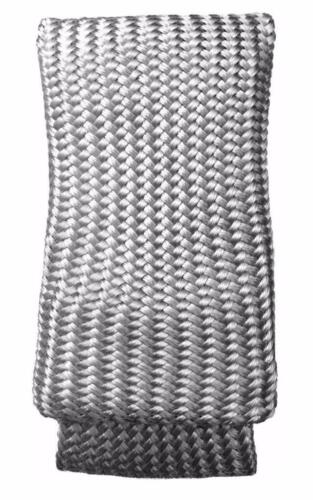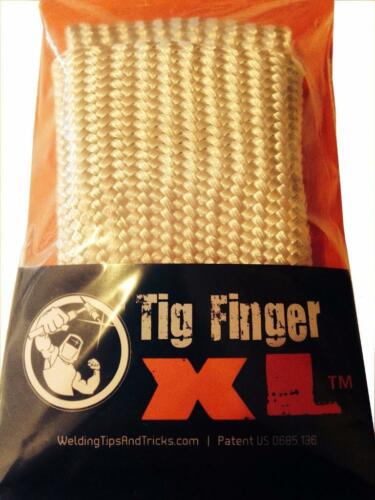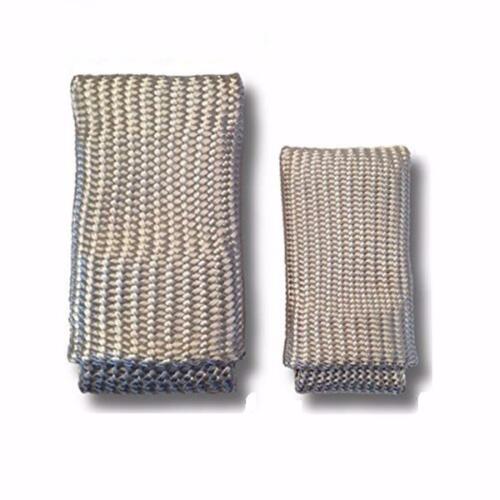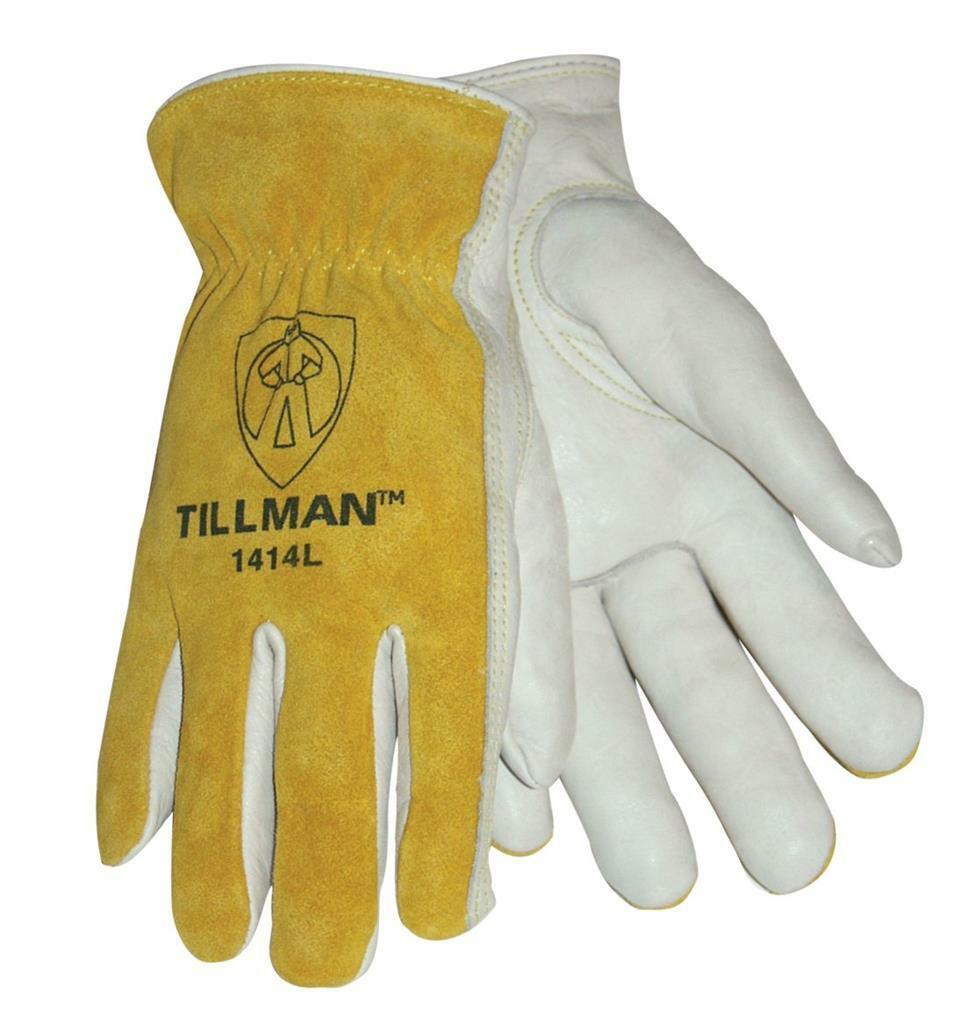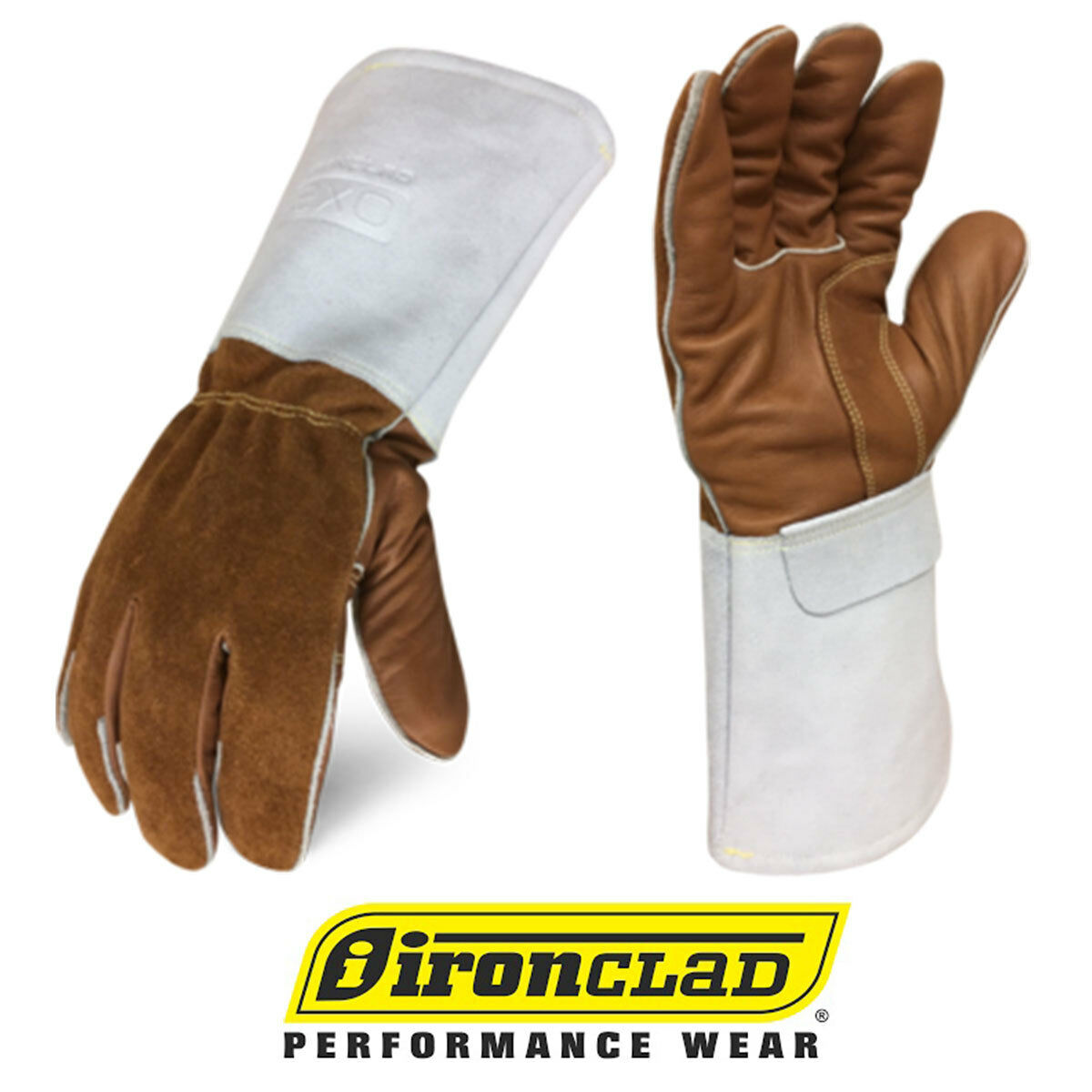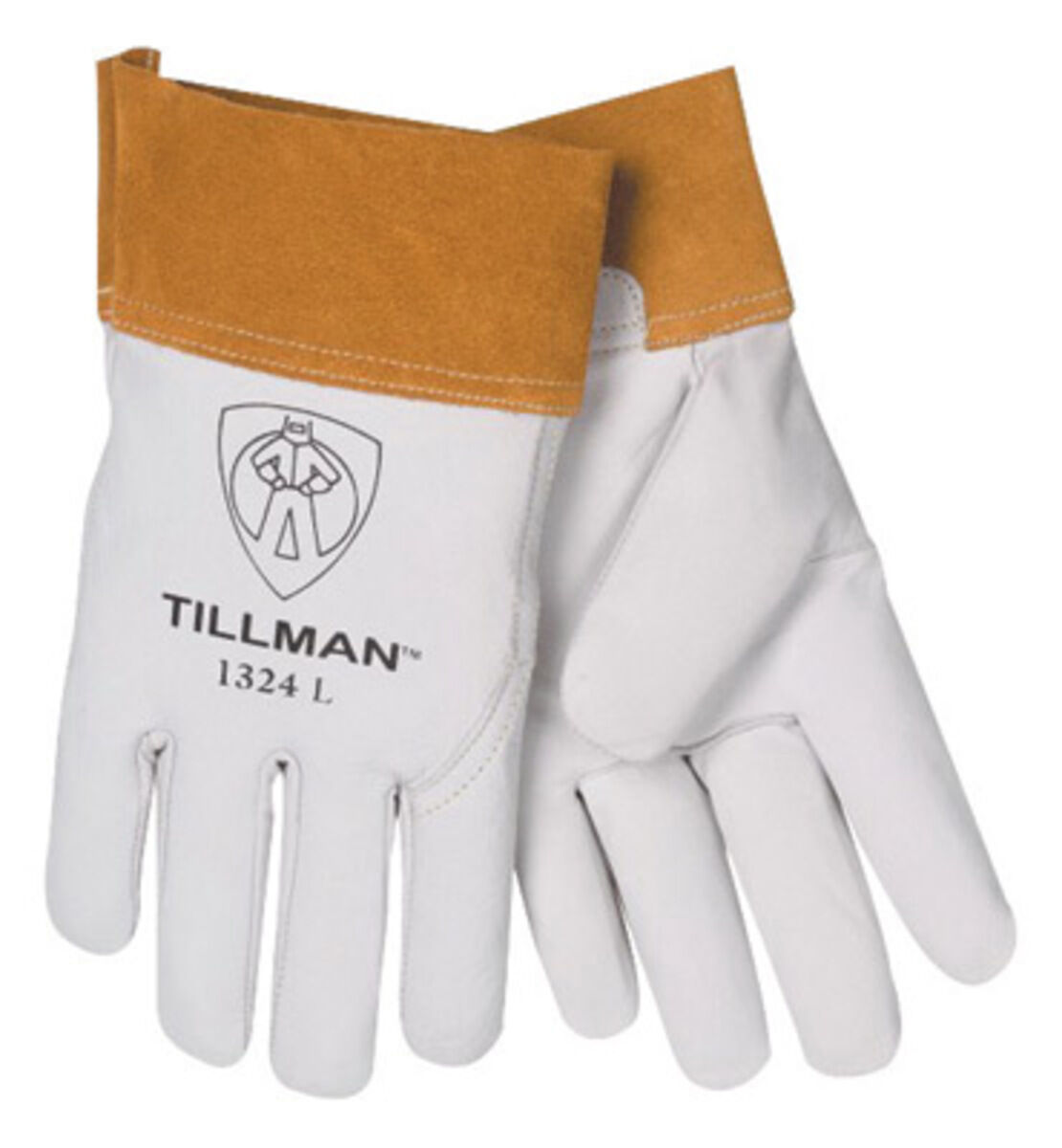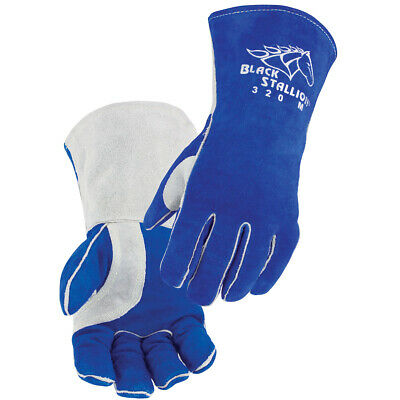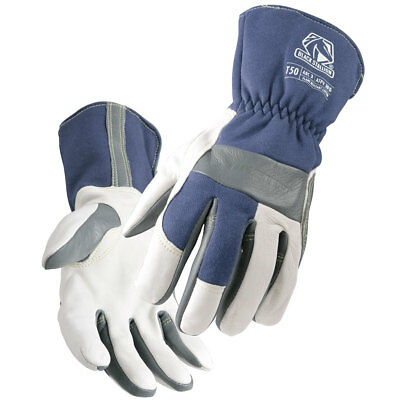-40%
Kynol Fireproof Gloves, Stunt, Burn Protection, Knit, Welding/ as Nomex M/L
$ 13.17
- Description
- Size Guide
Description
These are rare Kynol gloves that we had made for the Stunt Industry but can be used for any application. Kynol does not burn...unlike Nomex which starts burning immediately...If your familiar with Nomex and open flame it starts to discolor immediately.I have sizes M and sizes L please specify when purchasing
NOTE****THE LAST 2x PICTURES ARE NOT THE GLOVES FOR SALE BUT IF THERE IS ANY INTEREST I WILL POST THEM FOR U TO PURCHASE IN ANOTHER AD. ..The gloves with leather palms and fingers and have heavy duty Leather outer gloves with Kynol liners are not in this sale . If interested let me know I will post them.
Description
[American Kynol] A registered trademark for a flame resistant thermoset
novoloid fiber
composed of a
phenolic resin
. Kynol® was developed in 1968 by Carborundum, then licensed to Nippon Kynol and American Kynol for production. The fibers are inert to all solvents and have fair resistance to acids and alkalis. Kynol® is used in spacecraft and for flameproof clothing.
Hazards and Safety
Flame-resistant.
Kynol® Fibers and Textiles
Kynol® Novoloid fibers are cured phenol-aldehyde fibers. Their specific advantages include high flame resistance, minimal smoke emission and practically no toxic off-gassing in flame (neither HCN nor halogens etc). They display outstanding resistance to acids, bleaches, solvents, fuels, other chemicals and steam; and in addition excellent electrical and thermal insulation (down to minus 196°C).
Properties
Phenolic fibers, also knonw as Novoloid, are a class of extremely heat-resistant synthetic fibers that are made by cross-linking a melt-spun novolac resin with formaldehyde.
1,2
The cured fiber typically contains at least 85% by weight cross-linked novolac. Unlike most other fibers, Novoloid fibers do not melt. Instead, they gradually char until fully carbonized when exposed to extreme heat.
Due to the 3-dimensional cross-linked structure and high degree of aromaticity, fibers made from novolac resins have outstanding heat resistance,
3
good UV stability, very low flammability, and excellent chemical resistance to most organic solvents as well as acids and alkalines. In addition, Novoloid fibers possess excellent electrical and thermal insulation properties. On the downside, they have poor abrasion resistance and only low to fair tenacity and low tensile modulus and strength when compared to other heat resistant high-performance fibers such as
aramids
,
polyimides
, and
modacrylics
.
1
Melt-spun phenol-aldehyde resins can be cured in a solution of formaldehyde and hydrochloric acid. Alternatively, they can be cured by exposing them to an acidic gas (HCL). In this case, the phenolic resin is blended with a (latent) curative such as hexamethylenetetramine.
2
2
US Patent 4076692,
Process for Manufacturing Novaloid Fiber
, H.D. Batha & G.J. Hazelet, American Kynol Inc. (1976)
3
According to the manufacturer/supplier, Novoloid fibers can withstand long-term heat exposure up to 150°C in air and 200 - 250°C in the absence of oxygen. In the case of short-term heat exposure, the fiber is stable at temperatures > 1000°C. However, the fiber will char and lose strength.





